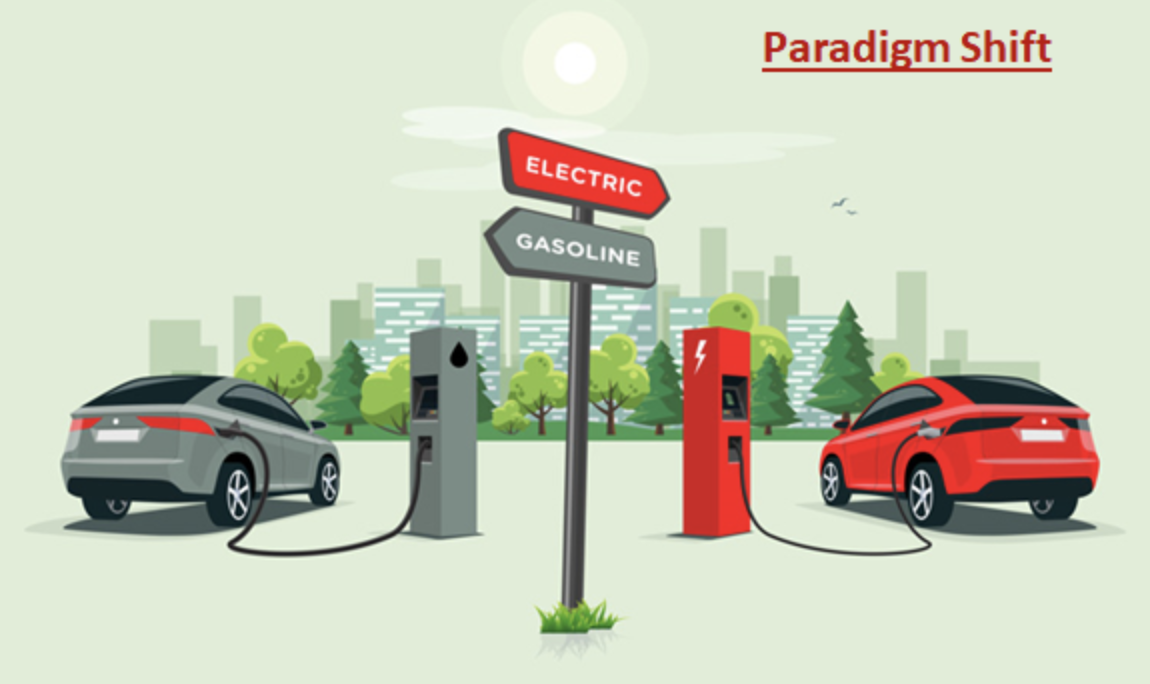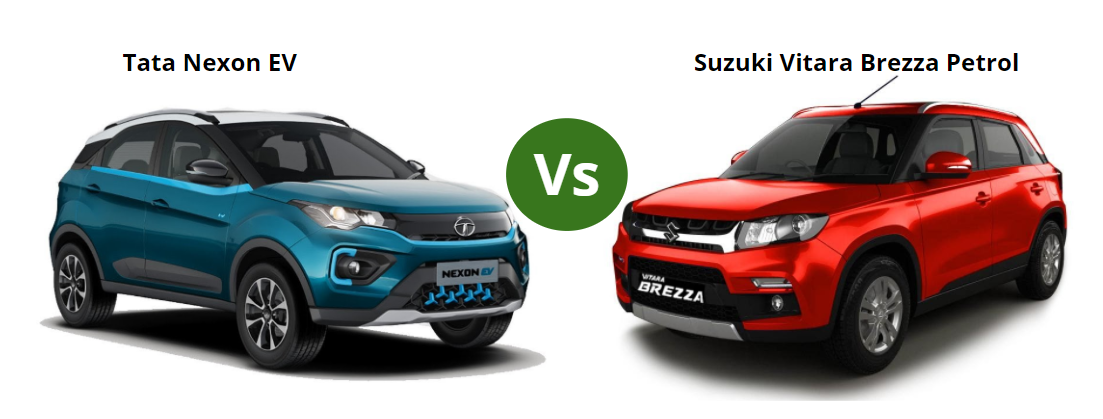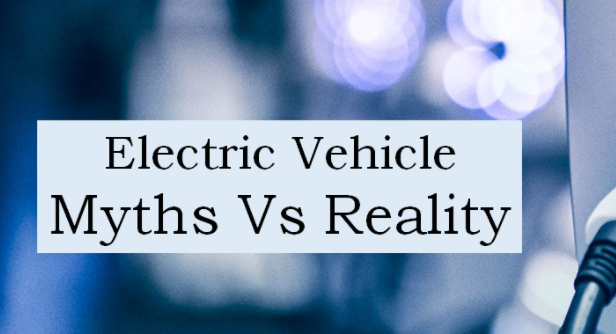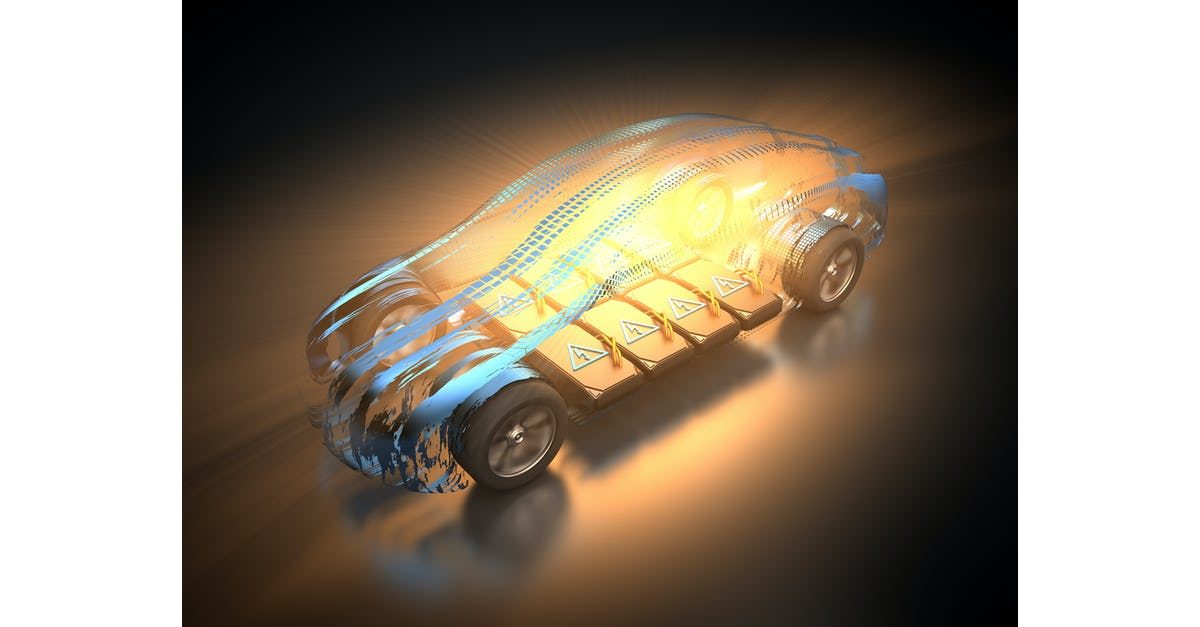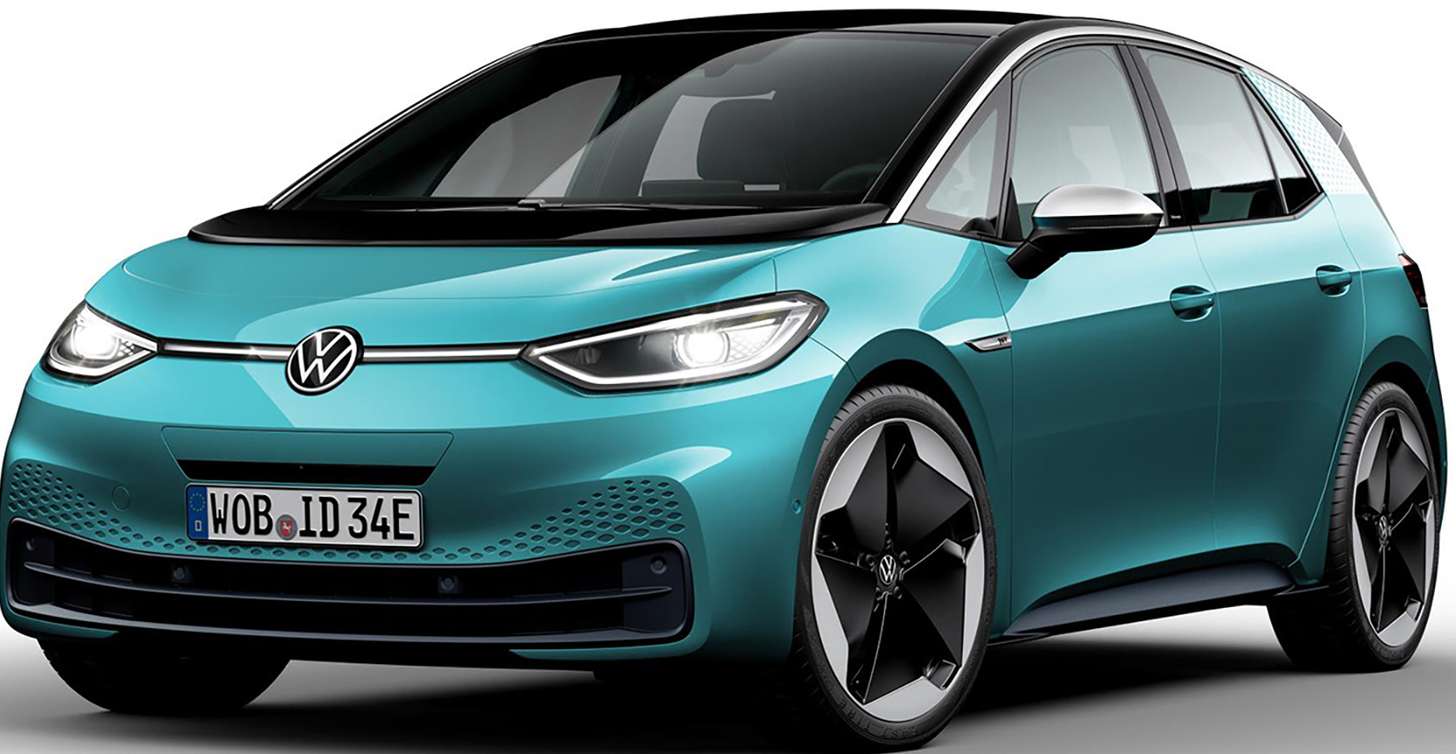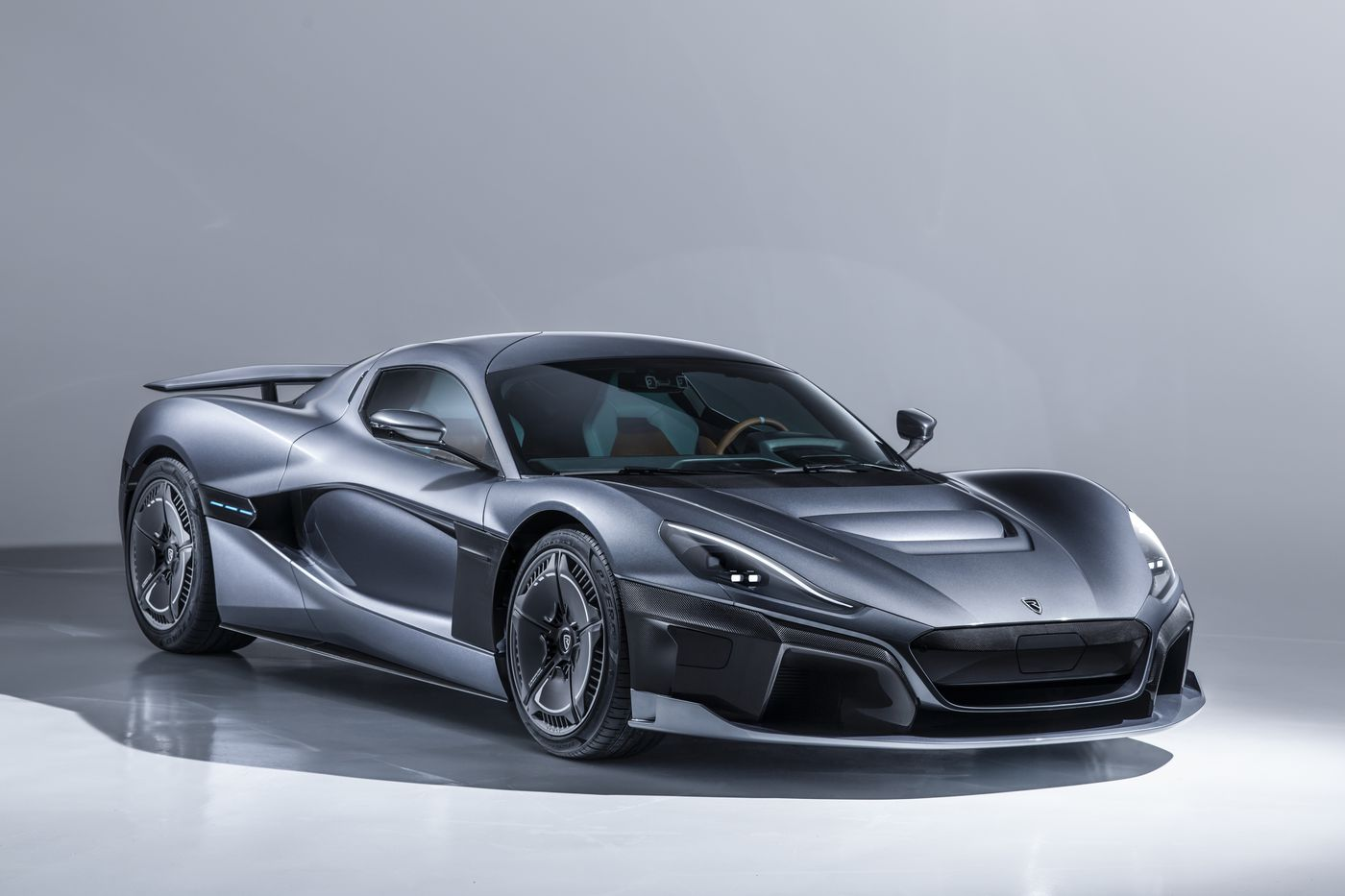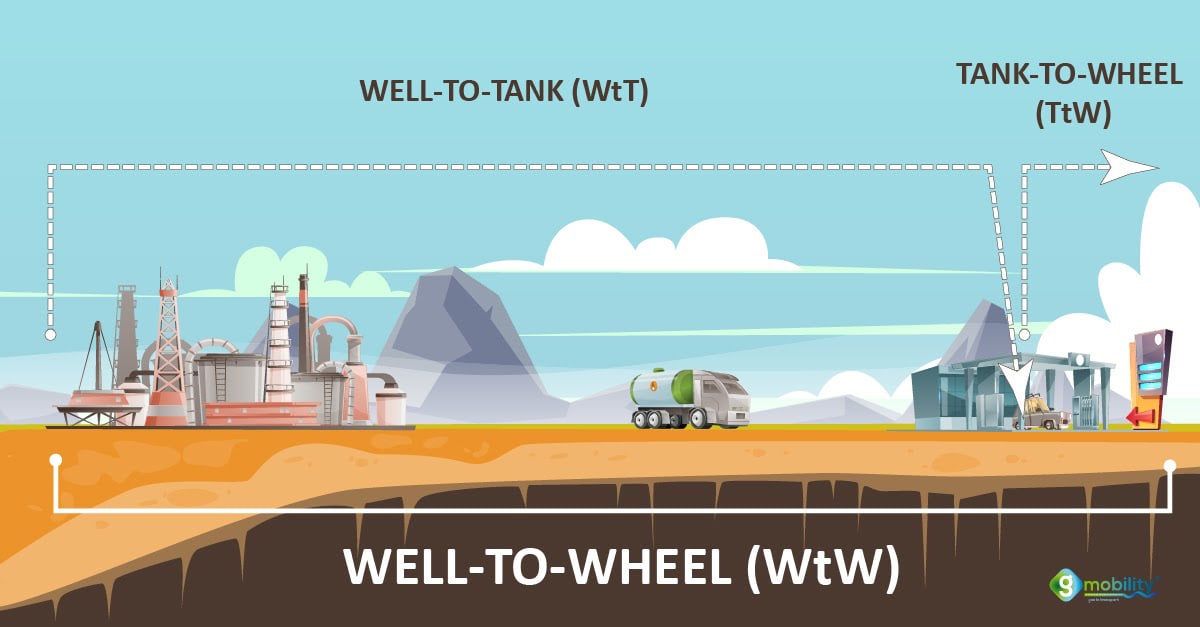Why Electric scooter is your perfect choice?
The Cost of owning an electric scooter is half of that of a petrol one
India is the biggest two-wheeler (2W) market in the world. And electric scooters are gaining immense popularity in the country, thanks to the wide variety of options available in the market and government incentives.
One of the key factors influencing the buying decision of a 2W is cost. To know the real cost of the purchase, one needs to know the Total Cost of Ownership (TCO).
For this, we compared the TCO of India's best selling Electric scooter, Hero Electric with the country's most popular Scooter, Honda Activa 6G Petrol.

In Summary:
-
With the money you save on an Electric scooter, you can buy 2 e-Scooters at the cost of one Petrol scooter.
-
Onroad price of EVs are cheaper than Petrol scooters, thanks to Government subsidy.
-
Lower electricity cost in comparison to petrol makes Electric scooters cheaper to run.
-
EVs have fewer moving parts compared to a Petrol engine, making EVs cheaper to maintain.
-
Electric scooters come with 3 years warranty compared to 2 years on Petrol scooters.

While calculating the total cost of ownership we considered the following factors,
-
Purchase price
-
Running cost / Fuel Cost
-
Maintenance cost
-
Resale value
Assumption: All costs (except insurance) are calculated for 3 years / 27,000 km. Costs / Price are in INR.
1. Purchase Price 💲💶
The purchase price is the upfront cost you pay to buy a scooter. An Electric scooter is expensive than a petrol one because of the cost of the Battery Pack. But with government subsidy and registration fee exemption, the cost of electric scooters becomes cheaper than its petrol rival. For this calculation we have assumed a full cash purchase, just to avoid the complication of interest rates. The on-road price of a Hero Electric is cheaper than Honda Activa Petrol by around Rs. 15,000.

2. Running Cost / Fuel Cost ⛽🛵
Running cost is where the Electric scooter wins hands down in comparison to its Petrol sibling. The cost of electricity is far less compared to the petrol price. With increased renewable energy going into the grid, electricity is greener than before. Hero Electric has a 1.53kwH battery with a city range of around 75km; whereas Honda Activa petrol has a city mileage of approx 40kmpl. Assuming an average 9,000km run/year, in 3 years / 27,000km coverage Hero electric scooter can save Rs. 50,000 compared to the Activa petrol.


3. Maintenance Cost 🛠️
With fewer moving parts compared to petrol engines, EVs are a lot cheaper to maintain compared to petrol engines. Here again, EVs fare better than Petrol scooters. On a per km level, EV maintenance costs are 1/3rd of a Petrol 2W.


4. Resale Value 💰
Resale value is not as straightforward as other costs, resale value depends on so many factors including Brand, Vehicle sales, Market dynamics, etc. Particularly for EVs, the resale value information is not available. Even though the resale value of EVs may not be as good as a petrol scooter now, but given the imminent transition to EVs, petrol scooters will start losing their value faster than EVs. Here we assumed a better resale value % for Petrol than EVs.

Total Cost of Ownership (TCO) 👍⚡
When all the costs are added up, the Electric scooter's total cost of ownership is around Rs. 56,000 cheaper than its petrol counterpart. For 3-year ownership, the TCO of Hero electric is only Rs. 43,000 whereas the TCO of Honda Activa petrol is as high as Rs. 99,000. This means you can buy 2 electric scooters at the cost of one petrol scooter. Hence its a myth to say that Electric scooters are costlier


Now you know why Electric scooters are your perfect choice for a city commute.
Hope you found this article useful. To receive automatic notification for our future articles, please don’t forget to subscribe below
Team "EV Quotient"
(EV Quotient is a platform to discuss and learn about electric vehicles. It’s an initiative by a team of experienced Automotive professionals with Global Exposure)

